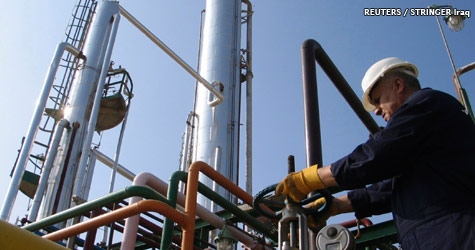Gulf region has the potential to produce up to an additional 30 billion cubic feet per day (bcf/d) of natural gas – nearly doubling current production levels, Badr Jafar, managing director of the Crescent Group and president of Crescent Petroleum said.
Jafar, who is also Chairman of Pearl Petroleum, a joint venture with OMV of Austria and MOL of Hungary, which is Iraq's largest private-sector natural gas producer, highlighted the current mismatch between the level of proven regional gas reserves and total production, and said that national oil companies (NOCs) and private-sector companies must form stronger alliances to address this imbalance and support the Gulf's sustained economic growth.
Today, the Gulf is home to 20 percent of the world's total proven gas reserves, but accounts for only 11 percent of global gas output.
Consequently, the region has the longest gas reserve life in the world, able to produce at current levels for at least 120 years, almost double that of the global average of 64 years. If the region were to produce in proportion to its reserves, Jafar said, average global output would rise by approximately 30 bcf/d.
"NOCs and the private sector can work together far more closely – in an environment that encourages competition and best practices," said Jafar, who has been appointed for the second year as a member of the Council on Energy Security, which is holding discussions this week in Dubai that will help set the agenda for the World Economic Forum Annual Meeting in January 2013 in Davos, Switzerland.
Current gas production levels in the Gulf are constrained by the unintended consequences of regional energy policy, he said, emphasizing the need for prices to reflect market dynamics.
The Saudi Gazette
14 November






















































